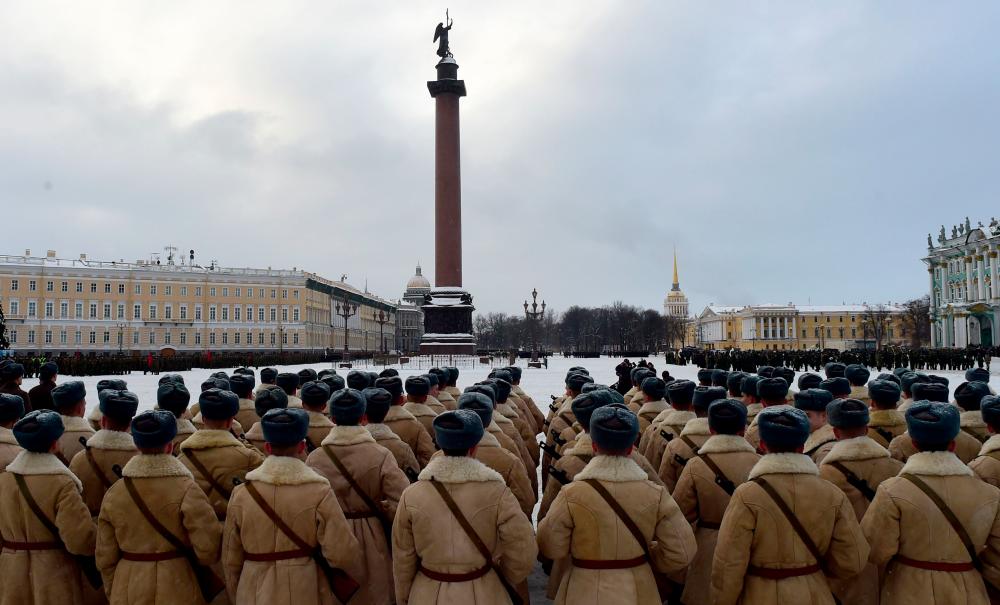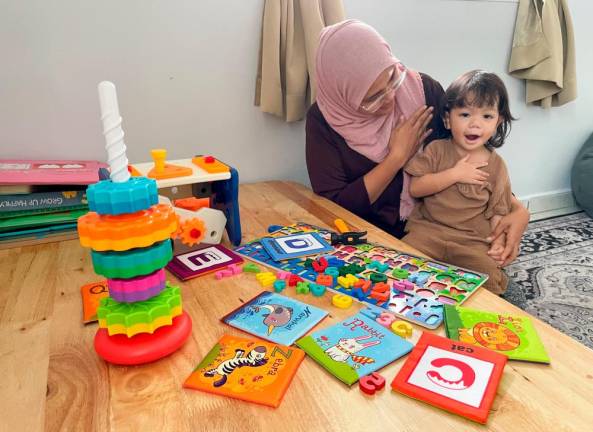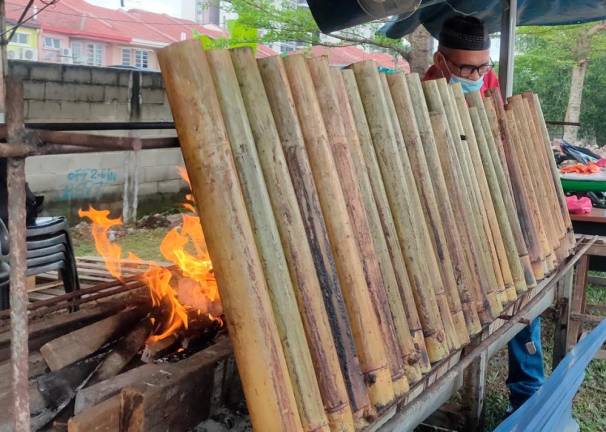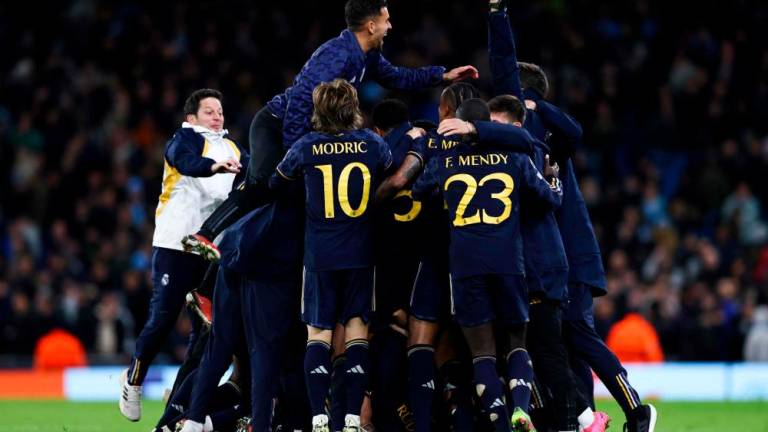SAINT PETERSBURG: A “blasphemous” re-telling of one of the darkest moments in Soviet history or a much-needed comment on modern Russia? A new comedy set during the Siege of Leningrad has divided the country’s viewers.
“Prazdnik” or “Holiday” tells of the Voskresensky family, whose Communist Party connections allow them to live a life of luxury in a city encircled by Nazis.
During a siege in which some 800,000 people starved to death on official rations of 125g of bread a day, they pile their table high with chicken and champagne to celebrate New Year 1942.
A slick comedy of manners ensues when the two Voskresensky children bring home unexpected guests, and the family are forced to explain how their table is laid with a festive spread.
Award-winning director Alexei Krasovsky told AFP the film was made to draw attention to inequalities and injustices in Russia today, rather than make light of the siege.
He released “Prazdnik” online only after deciding not to apply to the ministry of culture for a distribution license following attacks from lawmakers.
“I chose this subject because today we’re also living under blockade, we just pretend that we can’t see it,“ he said.
“We don’t see how living standards are declining, how people are being prosecuted for what they share online or for taking part in peaceful protests.”
The project ran into controversy back in October, when it was first reported that a comedy set during the siege was going to appear.
Sergei Boyarsky, a lawmaker for the ruling United Russia party, described the idea as “blasphemy” and said he would do everything possible to prevent its release.
“I haven’t watched the film and I’m not going to,“ he said when contacted by AFP.
Another senior official from the party, Andrey Turchak, appealed to the culture ministry to block the film from cinematic release.
The ministry has form when it comes to blacklisting movies with sensitive subjects — the British comedy “The Death of Stalin” was banned last year after officials labelled it offensive and “extremist”.
Krasovsky said a third official even offered him money to destroy the master copy of the film.
On Sunday, YouTube removed “Prazdnik” from his account with no explanation but the link was restored several hours later. Google did not give the reasons for the temporary deletion when asked to comment.
Close to sacred
Krasovsky’s previous film, The Collector, had a national release in 2016 and won several awards.
But he made “Holiday”, which has racked up over a million views since its Jan 3 online release, on a shoestring budget of private funding.
Viewers are invited to make donations, which Krasovsky said were 3.5 million rubles (US$52,000; €46,000) in the first weeks of release — almost the cost of making the film.
Some commentators below the video said they understood why MPs would want to ban the film.
“It’s clearly an allegory for the current regime, when officials get anything they want on the backs of others’ poverty,“ one wrote.
The 1941-1945 Siege of Leningrad (now Saint Petersburg) remains extremely sensitive in Russia, where around 20 million people died during World War II and the conflict is promoted by authorities as close to sacred.
In 2014, the main cable TV distributors said they would stop carrying the opposition-leaning Dozhd TV channel after it ran a survey questioning the value of resistance during the siege.
“Would it have been worth handing over Leningrad to the Nazis in order to save millions of lives?” it asked.
‘The toughest of times’
Some who lived through the blockade told AFP they were horrified by the concept of the film.
“I just can’t imagine that there could be a comedy about the siege,“ said Lidia Ilyinskaya.
“I’m 88 years old and I cry every time I remember what we lived through. The word ‘comedy’ in that context, it’s just a blasphemy.”
Meanwhile Nikita Lomagin, a Saint Petersburg European University historian who has researched the siege, said Krasovsky’s film contained “a number of historical inconsistencies”.
“It is true that during the siege of Leningrad, there was a hierarchy in terms of food products.
“But this subject needs a proper analysis that respects the complexity of the problem, and not this easy provocation,“ he said.
Krasovsky, however, rejected the interpretation of the film as a period drama.
“It’s a story about people who, in the toughest of times, were able to live better than anyone else.
“They existed then, they exist now, unfortunately they always will exist in Russia. In order to change this in some way, we shot this film.” — AFP













